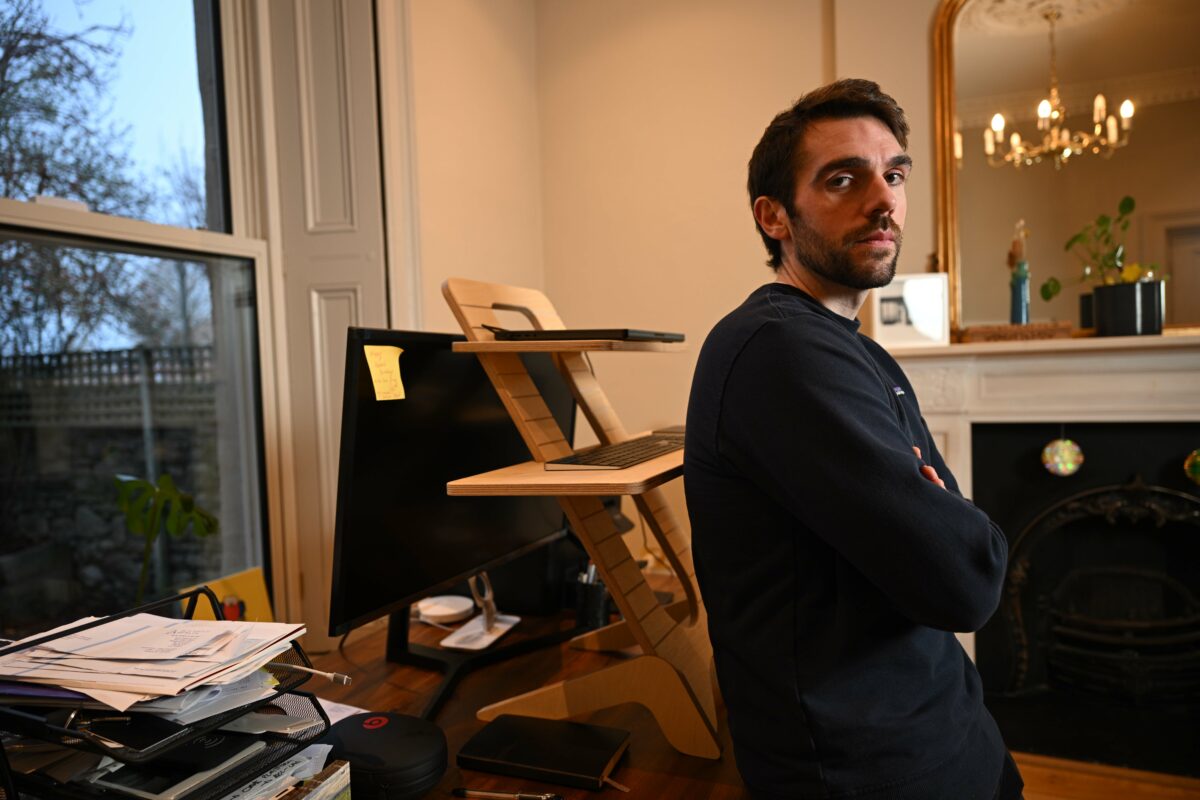By his own admission, Conor Sheridan went from a career in consultancy and fund management to frying chicken in a kitchen on the top of Camden Street in Dublin 2. However, the more Sheridan explains his career trajectory, the more it makes sense. And it also helps to understand why he is now leading an AI and automation tech company that is scaling internationally and catching the attention of a host of major international investors. The way Sheridan tells it, one strand of his career led to the next, and all led to Nory, the hospitality tech start-up that he…
Cancel at any time. Are you already a member? Log in here.
Want to read the full story?
Unlock this article – and everything else on The Currency – with an annual membership and receive a free Samsonite Upscape suitcase, retailing at €235, delivered to your door.

